
Meet "Gary," whose case provides an introduction to the value of systems-based practice.

Meet "Gary," whose case provides an introduction to the value of systems-based practice.

I started promoting pharmacogenetic tests in the 1990s-before they were fashionable-and now, after going through the 3 phases of pharmacogenetic testing (fear, failure, and hype), I am embarrassed.

Is St. John’s wort (SJW; Hypericum perforatum) an appropriate treatment option for patients with MDD? What advice should be given to patients who inquire about it?

The authors focus on the psychiatric management of transplant recipients and the evaluation and care of living organ donors.

What does mandated electronic prescribing have to do with that old show, Twilight Zone?
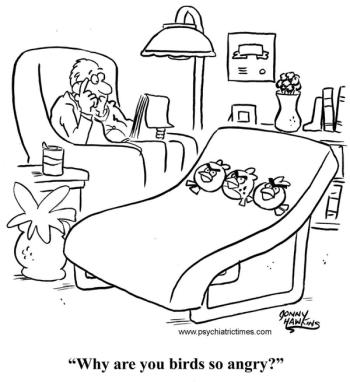
Almost everyone can benefit from psychotherapy at some point in their lives.

The assessment, diagnosis, and treatment of conditions in which persistent pain is a feature despite lack of evidence of a pathological cause are reviewed in this article.

The next phase of HIPAA compliance audits has arrived. Clinicians who are HIPAA-covered entities-or business associates-would be well served to prepare now.
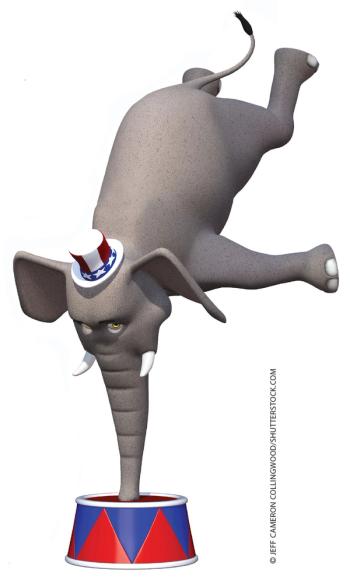
I hope readers look seriously at what the Presidential candidates have to say-or if they say anything at all-about addressing the current and increasing disaster in the mental health system before casting their votes.
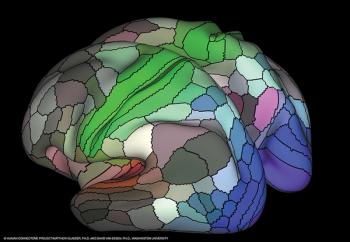
Is it time again for greater unification of neurology and psychiatry?
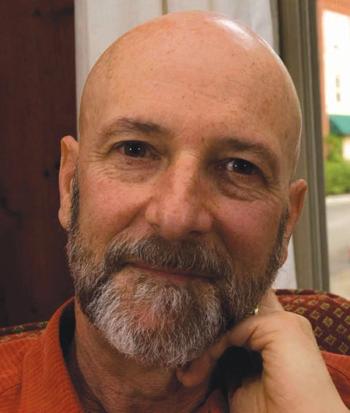
He wrote that he didn’t know what to say to comfort us, so he decided to describe the view from his rented room near Sydney...

“Googling” a patient does not seem much different from the old-fashioned obtaining of collateral information, but the ramifications may be far more than you bargain for.

It’s not health care expenses that are driving up costs.

Why is there so little clamor for a drug that prevents neurodegeneration, carries very low risk, and is unlikely to produce significant side effects?

The ethical core of the Goldwater Rule is sound, but the rule needs clearer and more nuanced language.


Let us consider the case of a "bad" psychiatrist to serve as a warning of where we can go wrong.

"Like many good psychiatrists, I have empathy and concern for my patients. But in my case, I’ve quite literally walked in their shoes."
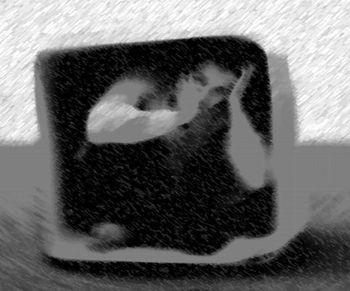
With the modern office environment comes another type of “climate change”-designed to shape workers psychologically.
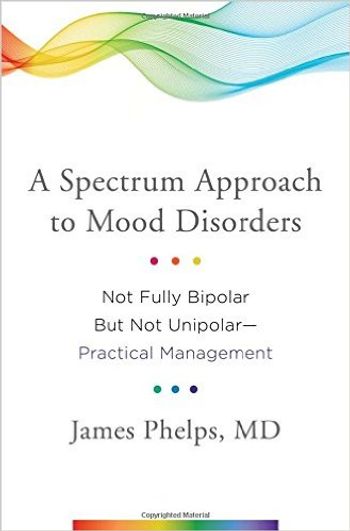
Bravely enter territory that academia has largely neglected-the nebulous region between full bipolar disorder and major depression.

Among patients with treatment-resistant MDD, transcranial magnetic stimulation wins the popular vote.
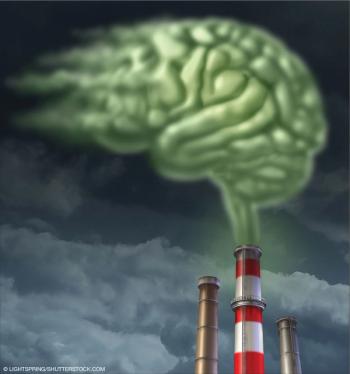
A report on the psychiatric effects of environmental and chemical toxins.
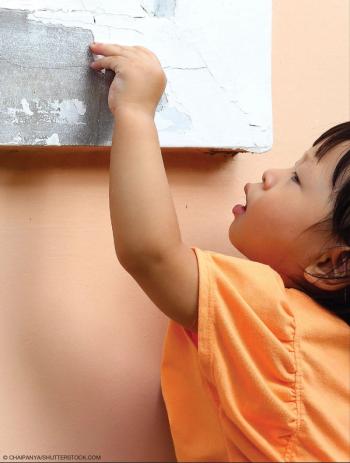
When ADHD is present, a survey of possible lead exposure can be considered, and here's why.

On the association between symptoms of autism spectrum disorder with environmental toxin exposure.

There is good emerging evidence that aspects of diet can indeed affect ADHD. Clinical recommendations here.

Recent research in neurotoxicology has underscored the importance of chemical exposures as facilitators of neurological dysfunction.
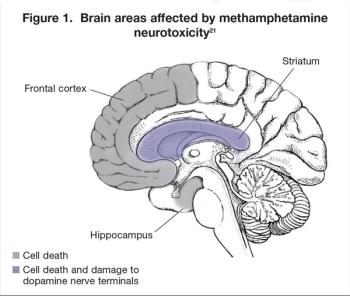
Here: devastating short- and long-term behavioral and physiological effects of methamphetamine neurotoxicity and the implications for treatment.

When should ECT be first-line treatment? What’s the minimum duration of antidepressant therapy? Answer these questions and more.
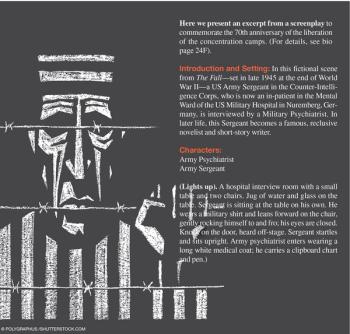
Here we present an excerpt from a screenplay to commemorate the 70th anniversary of the liberation of the concentration camps.

Psychiatrists are playing an ever-increasing role in the evaluation and care of organ transplant candidates and living organ donors-before and after transplant.